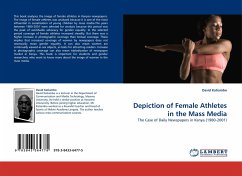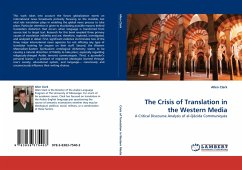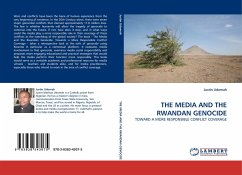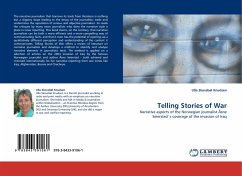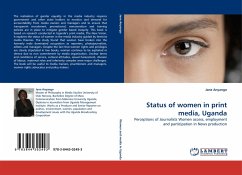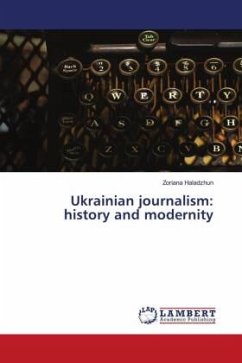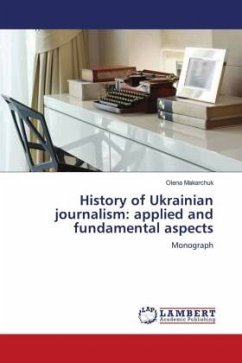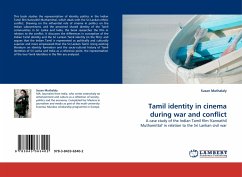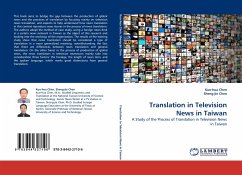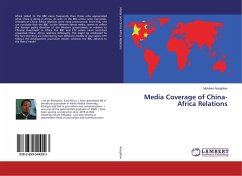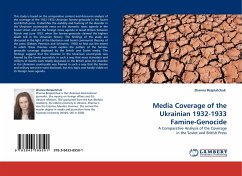
Media Coverage of the Ukrainian 1932-1933 Famine-Genocide
A Comparative Analysis of the Coverage in the Soviet and British Press
Versandkostenfrei!
Versandfertig in 6-10 Tagen
32,99 €
inkl. MwSt.

PAYBACK Punkte
16 °P sammeln!
This study is based on the comparative content and discourse analysis of the coverage of the 1932-1933 Ukrainian famine-genocide in the Soviet and British press. It identifies the visibility and framing of the disorder in the Ukrainian countryside news on the domestic news agenda in the Soviet Union and on the foreign news agenda in Great Britain between March and June 1933, when the famine-genocide claimed the highest death toll in the Ukrainian history. The findings of the study are discussed in the light of the libertarian and Soviet communist theories of the press (Siebert, Peterson and Sc...
This study is based on the comparative content and discourse analysis of the coverage of the 1932-1933 Ukrainian famine-genocide in the Soviet and British press. It identifies the visibility and framing of the disorder in the Ukrainian countryside news on the domestic news agenda in the Soviet Union and on the foreign news agenda in Great Britain between March and June 1933, when the famine-genocide claimed the highest death toll in the Ukrainian history. The findings of the study are discussed in the light of the libertarian and Soviet communist theories of the press (Siebert, Peterson and Schramm, 1956) to find out the extent to which these theories could explain the pattern of the famine-genocide coverage displayed by the British and Soviet media. The findings suggest that the disorder in the Ukrainian countryside was framed by the Soviet journalists in such a way that mass starvation and millions of deaths were totally disguised. In the British press the disorder in the Ukrainian countryside was framed in such a way that the famine and military terrorism were disclosed, but this topic was hardly visible on its foreign news agenda.





